Iftar Preparation: What to Include in Your After-Fast Meal

Ramadan is here – which means long hours of fasting. While a warm and hearty Iftar sounds good, it must also be good for the body. Let’s look at some recommendations to make your sundown meal more filling and nourishing.
What is Iftar and Why is It Important?
Enjoyed at sundown, Iftar or sunset meal is how Muslims replenish lost energy and nutrients after fasting for the whole day. Strategically planning one’s Iftar is vital for sustaining oneself during the month-long Ramadan season.
Key Food Items Every Iftar Table Should Have:
Don’t Forget the Date!
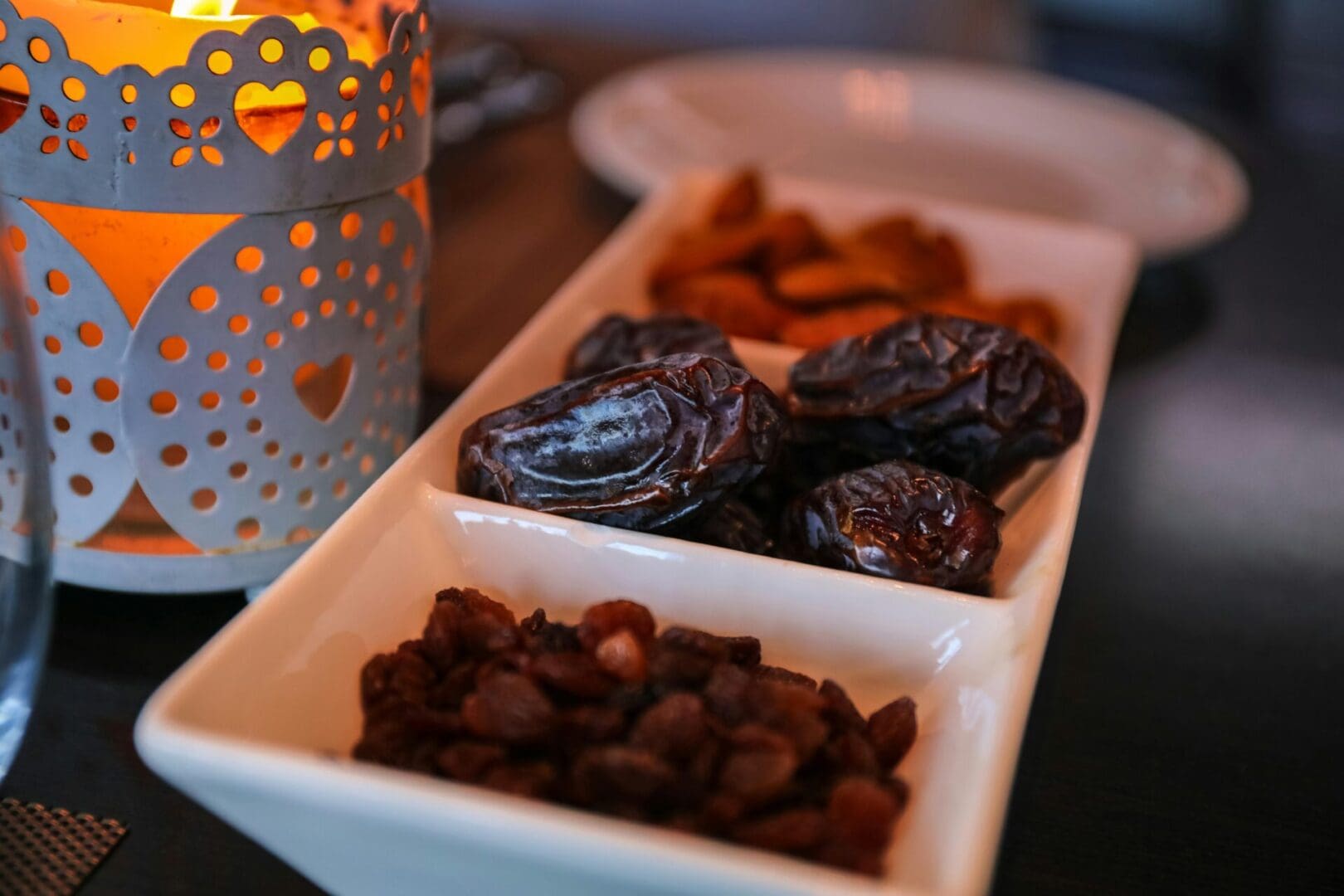
A staple every Ramadan, no dining table can be seen without a plate full of dates front and center. Traditionally consumed first once the sun goes down, it’s rich in energy-giving nutrients that help restore the body after a long day. Plus, dates are rich in potassium – great for muscle and nerve functionality. Make sure to consume dates in moderation, as they have a high sugar content.
Savor the Soup
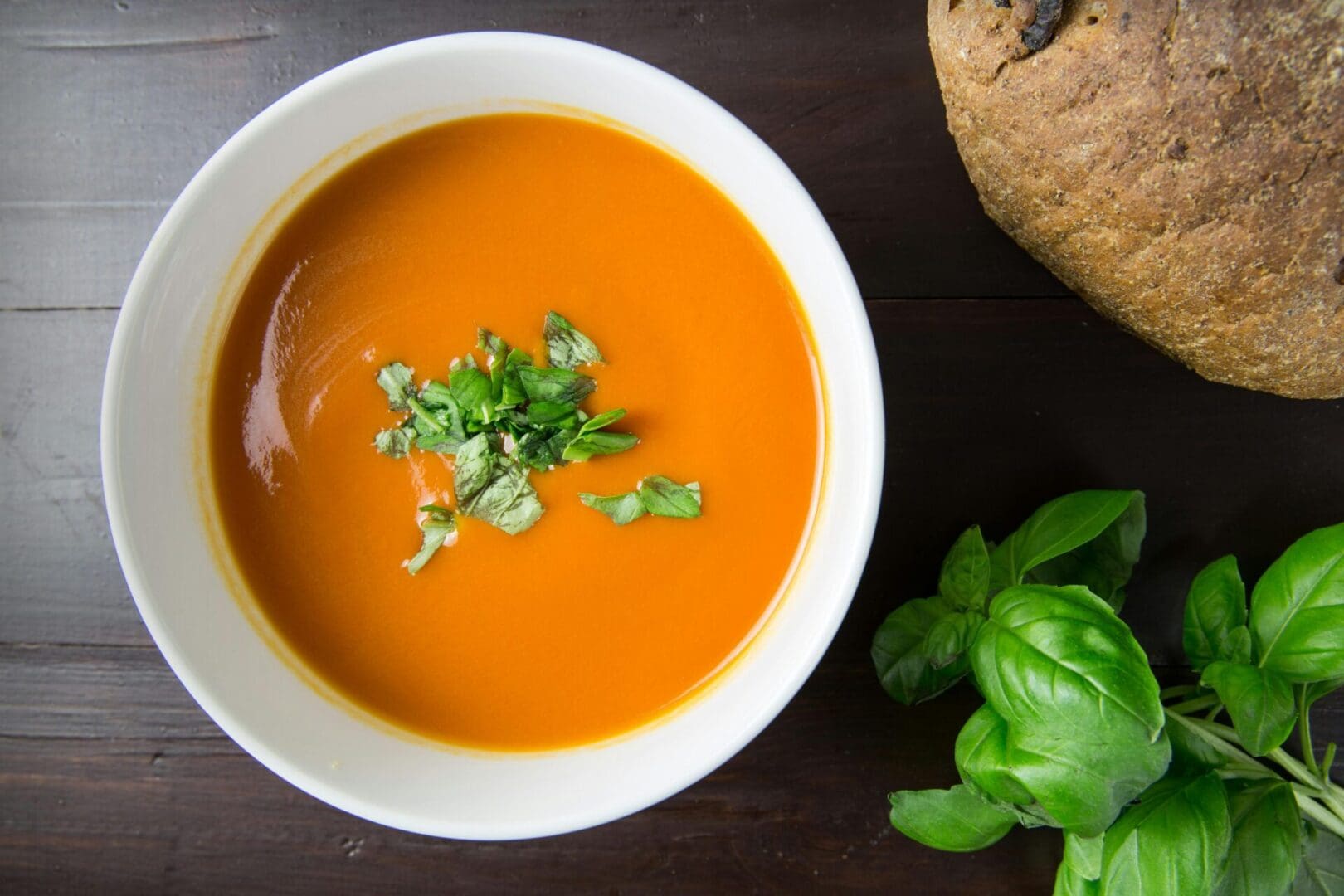
While drinking water is still the best way to replenish lost fluids while fasting, a little flavor will improve it. With that said, you can add flavor-rich soups and broths to your Iftar spread. Not only does it prepare your body for receiving more food, but it’s also a tasty way to enjoy extra vegetables.
Bright and Colorful Veggies
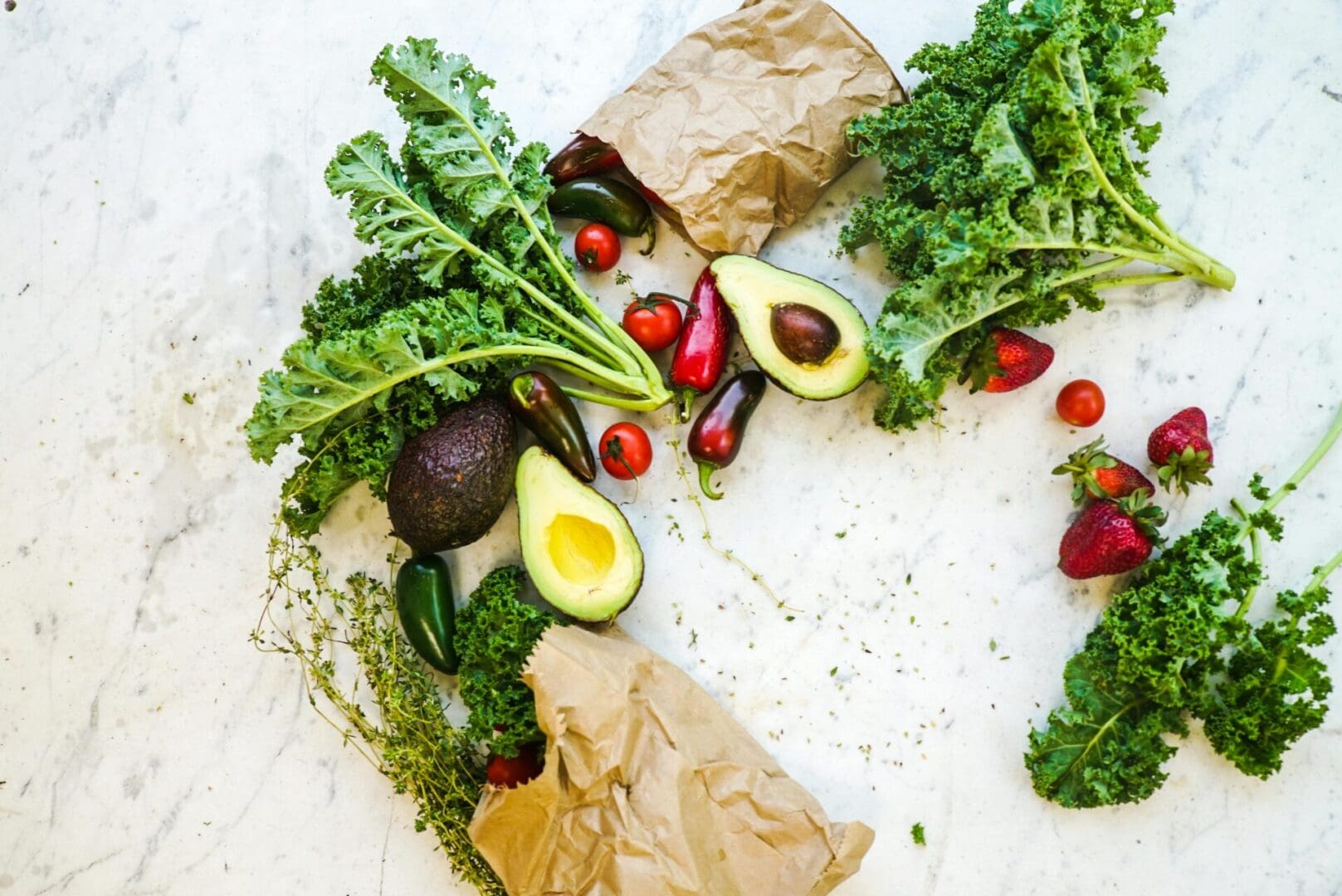
Speaking of vegetables, experts recommend that at least half of your plate should be veggies. So, when planning Iftar meals, include hydrating vegetables like tomatoes, cucumber, and lettuce. They add bright colors to your table and are good sources of fiber to avoid constipation.
Carbs, the Complex Kind
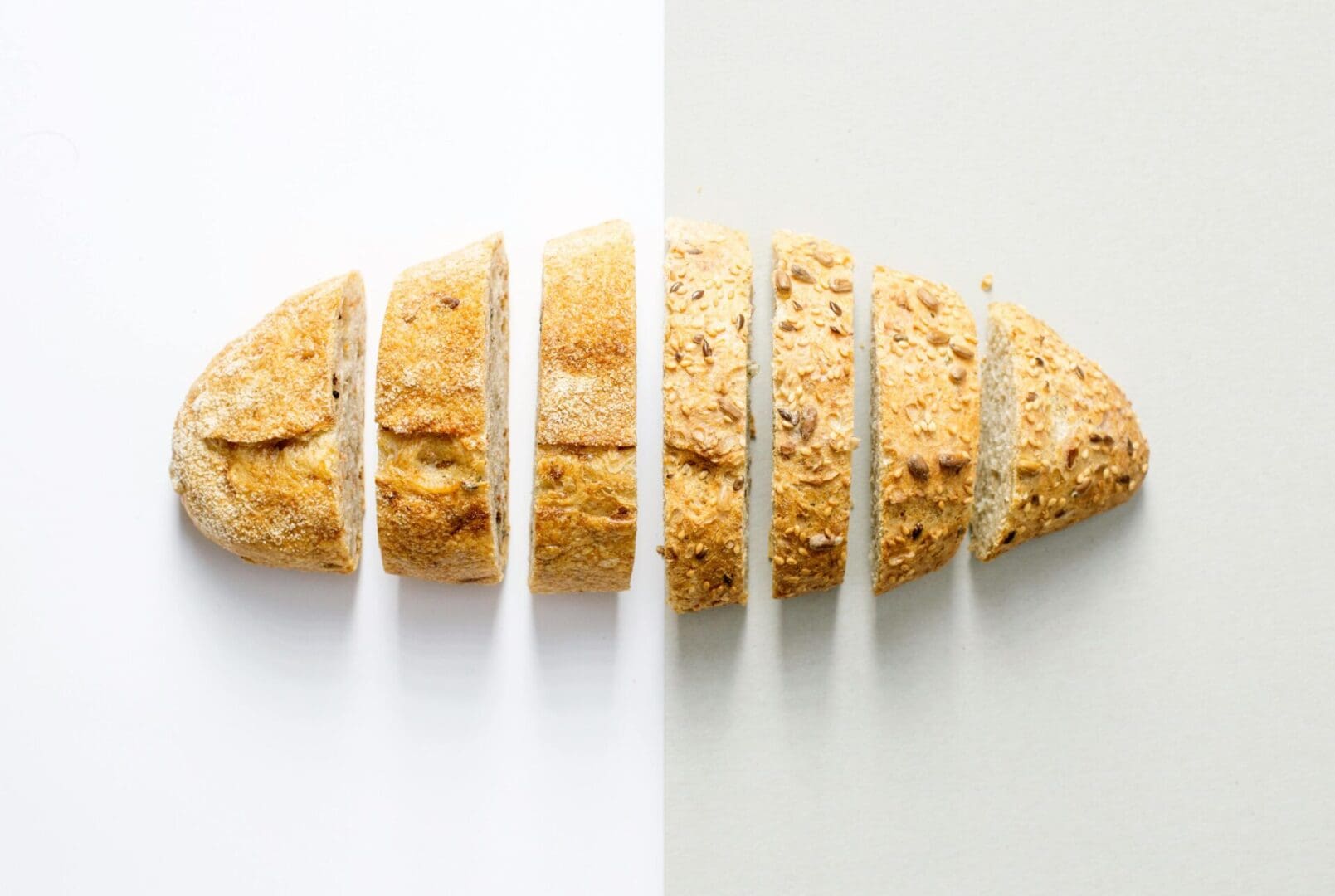
Carbs offer a fast and reliable way to fill up your stomach and recharge after the fast. However, you must pick the right carbs for a better and lasting effect on your body.
Simple carbs like those from sweets or desserts burn quickly, leading to getting hungrier faster. Instead, go with complex carbs like brown rice, whole-meal bread or pasta, and potatoes. They’ll keep your body full longer while providing much-needed fiber and minerals.
Lean, Mean Proteins
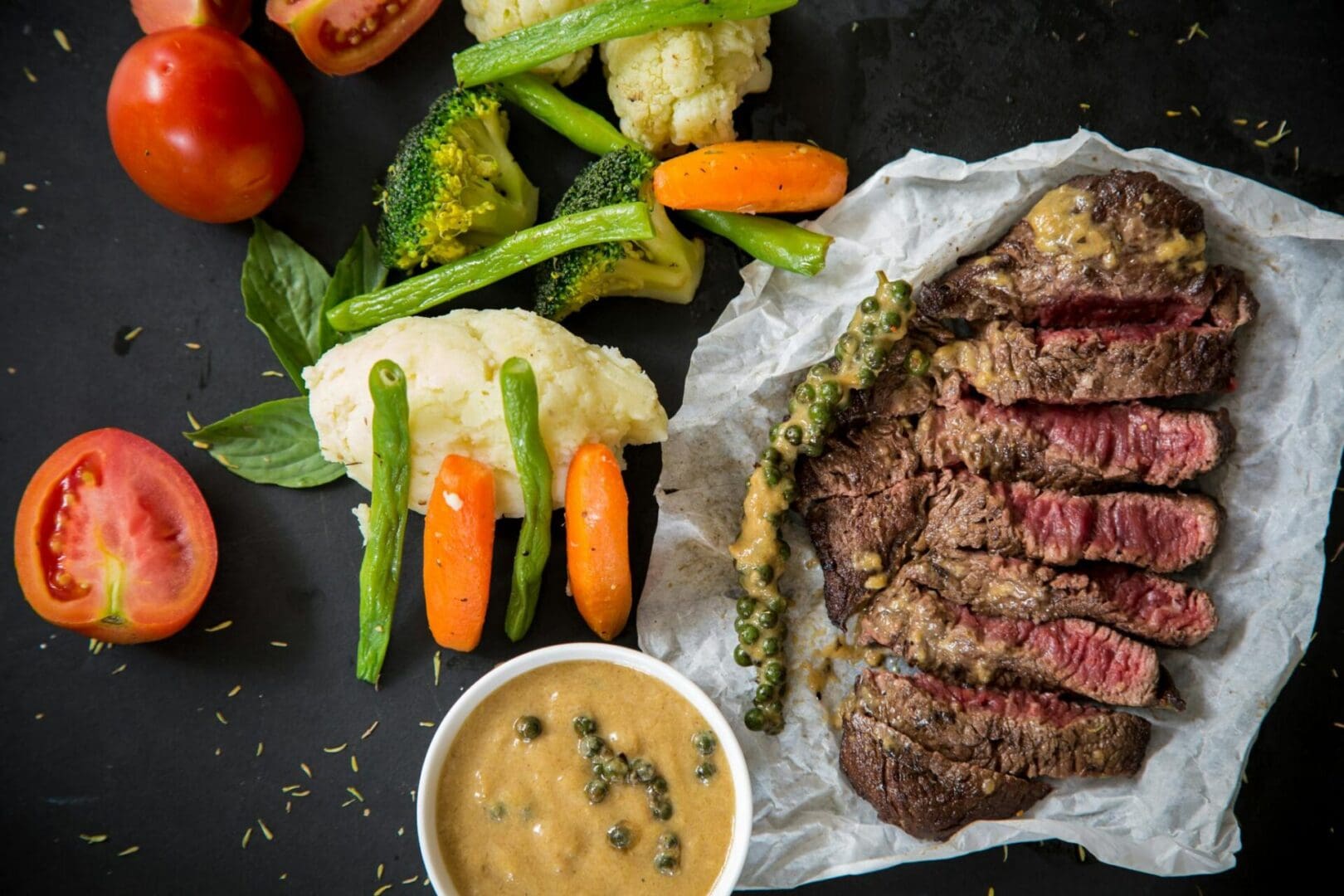
“Meat good” – says every meat-eater ever. And while nothing satisfies the taste buds like a thick cut of meat, you’ll have to choose the proteins to consume during Iftar wisely.
Ideally, go with high-protein meats from fish, skinless chicken, and lean meats. You can add some eggs and low-fat dairy to pump protein. If you’re vegan or decided to skip meat for some reason, legumes and beans will be your go-to protein sources.
Physically Recharging Iftar – the Best Way
Fasting can be challenging during the holy season, but replenishing your energy during Iftar doesn’t have to be dull. We hope this article can help keep your body strong and energized so you can continue doing your great work. Happy Ramadan!

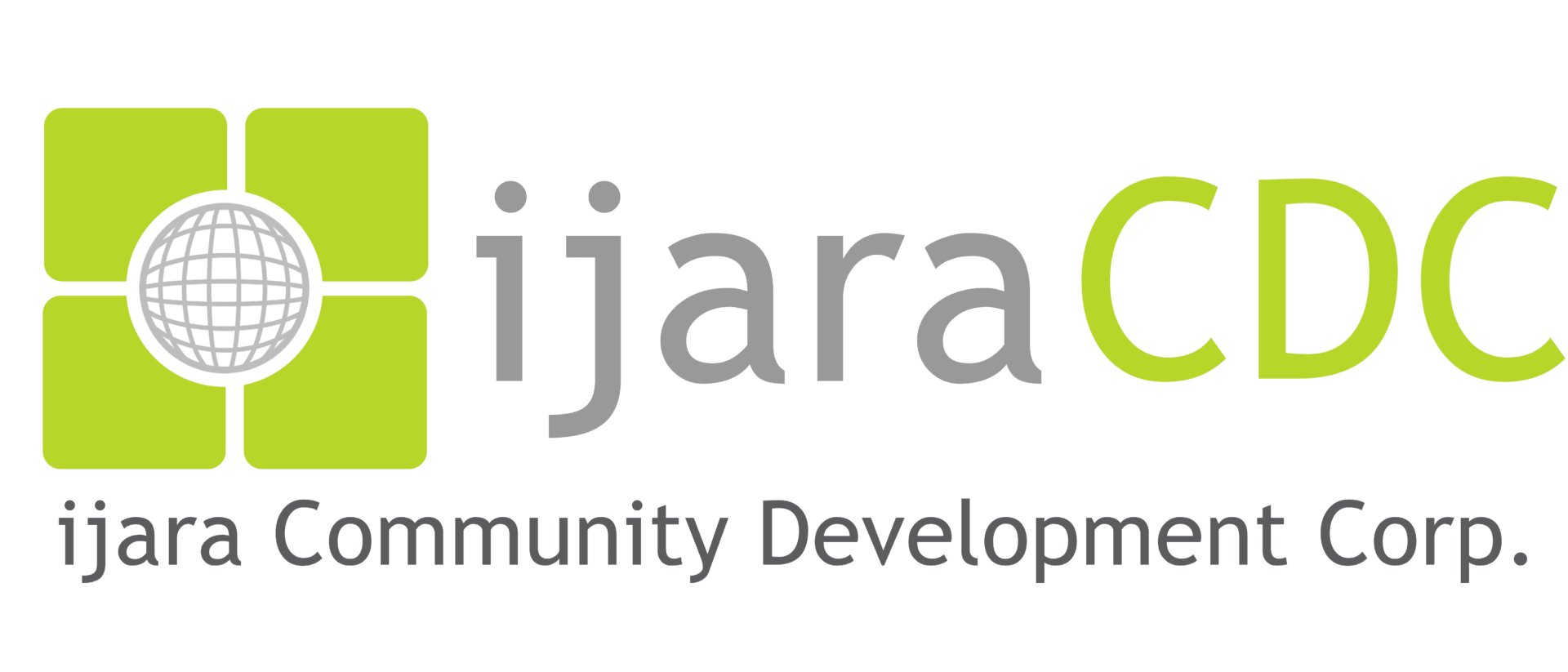
I might like this blog, my brother said, and he was entirely right. Seeing this post made my day. You are not aware of the amount of time I invested in finding this information.